Here’s what the Prose poetry form is:
Prose poems are a creative piece of writing that combines both poetic and prose writing style elements.
While prose poetry does not break lines into verses, it shows features such as figures of speech, metaphors, and symbolism, which are common to poetry.
So if you want to learn all about the Prose poetry type, then you’ve come to the right place.
Keep reading!
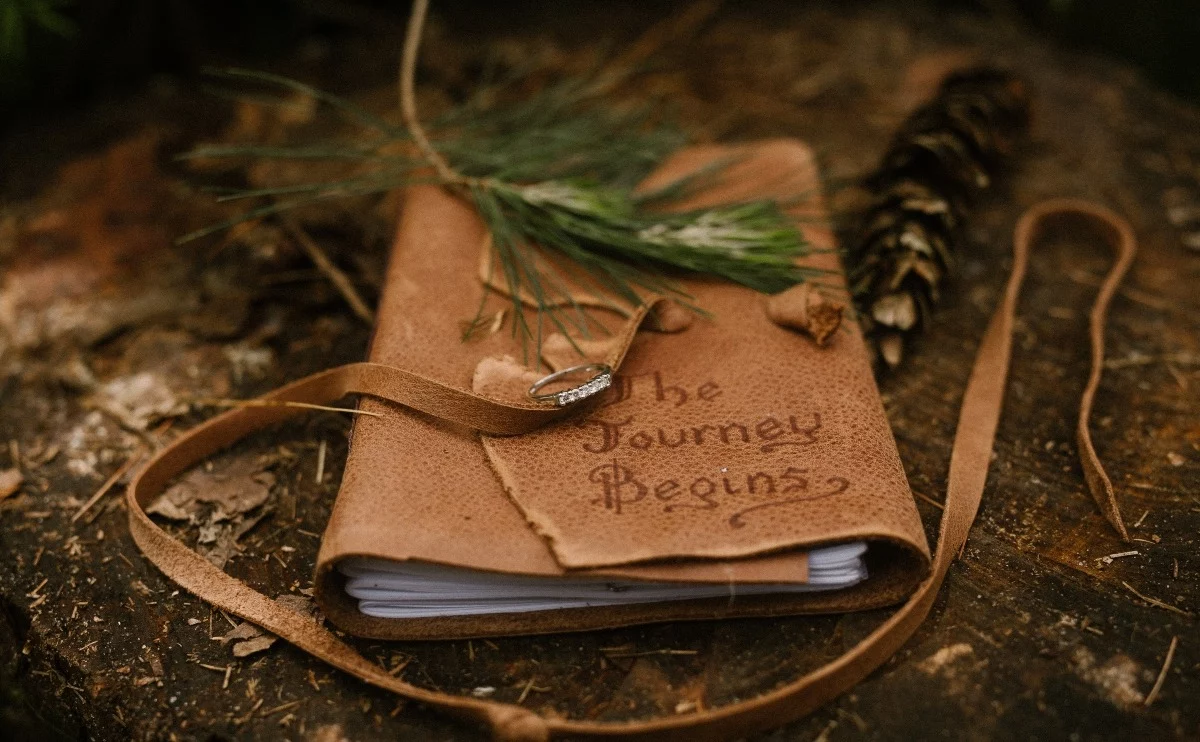
Form of Poetry: Prose Poetry
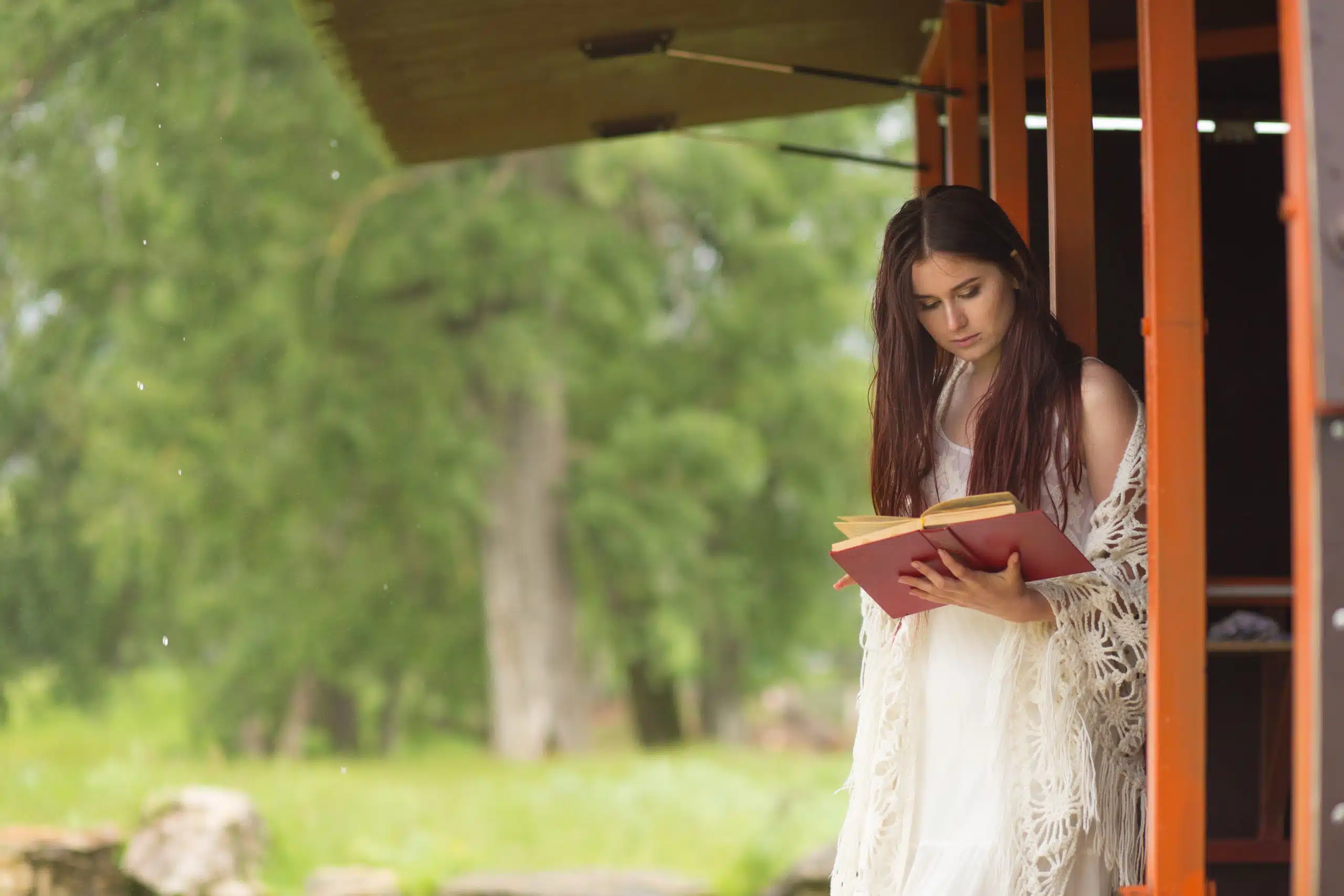
Prose poems, as the name would imply, are poems written in a form that more closely imitates prose.
Whether they count as prose, poetry, or both is often up for debate and depends on the context and contents.
The general premise is that the piece is written in prose, but utilizes poetic devices such as repetition, rhyme, and even meter on occasion.
When listened to, the relationship with poetry is clearly audible, but the work will generally look like standard paragraphs on paper.
Basic Properties of Prose Poetry

| Rhyme Structure | Optional |
| Meter | Rarely metered |
| Origin | 17th-19th century internationally depends on the region |
| Popularity | Growing in popularity since the 1980s |
| Theme | Varies |
How Is Prose Poetry Structured?
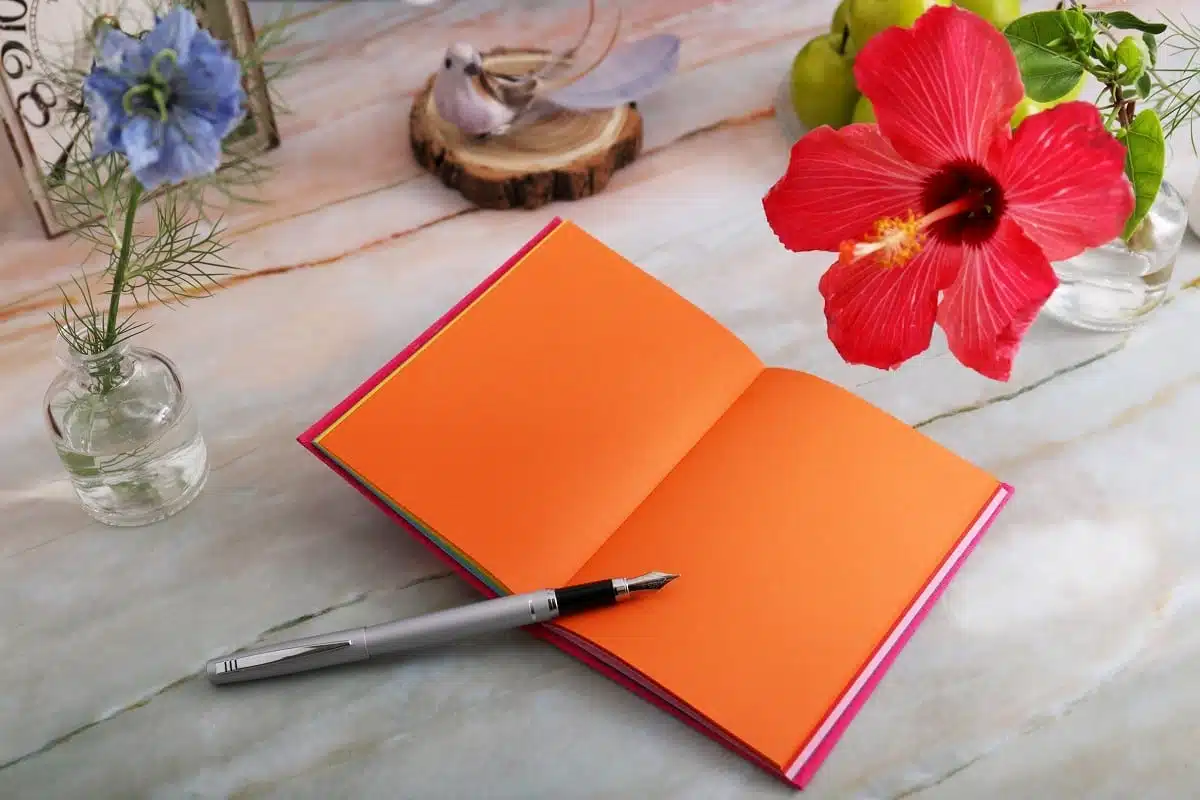
Unlike sonnets, sestinas, limericks, and villanelles, the answer here is incredibly simple.
It’s prose.
There is no predefined meter unless the writer chooses one.
The rhyme scheme or lack thereof is up for debate.
A prose poem is commonly a free verse poem that commits itself to the format and general rules of prose.
This is, of course, where the most obvious problem with prose poetry persists.
Where do you draw the line between prose and poetry?
Unfortunately, that’s a bit of a tricky question.
Most writers generally accept that a prose poem is expected to feature poetic devices, usually multiple.
If you were to write a few sentences that only coincidentally rhyme, buried in a 10-page paper, then it would just be a cute coincidence, not poetry.
But let’s say every third sentence of that paper ends with the same sound.
Or that entire paragraphs were written in Iambic meter, answered by paragraphs in Trochaic meter.
At that point, it’s very clearly a prose type of poetry.
Prose poetry is taking something that is essentially the standard and adding a bit of flair using conventional poetic devices.
A story in which alliteration is heavily featured might qualify as prose poetry.
A section of dialogue written entirely in metaphor might qualify.
At the end of the day, the division between prose poetry and prose is fairly vague, since there are so many ways to make prose ‘more poetic’.
But it’s commonly accepted that any piece of prose could be prose poetry if the argument sounds completely valid.
It may ultimately be easier to understand the difference if we use examples.
In fact, let’s use this paragraph as an example. Fairly standard, right?
This is probably what we would only refer to as prose.
It features no particular rhyme or repetition of sounds, nor is it metaphorical in any way.
But suppose we chose to write this prose with something in mind, mentally mimicking the conventions of a poem, a preamble, a primer, something new.
Something you might not have expected or even suspected was suddenly born in front of you.
For prose poetry, that might do.
While that was perhaps excessive, it should hopefully get the point across.
Prose poetry is either prose imitating poetry or poetry pretending to be prose, depending on your perspective.
The lines are very, very blurry.
And while that has caused some contention, you can generally tell when the writing is meant to be poetic.
History of Prose Poetry
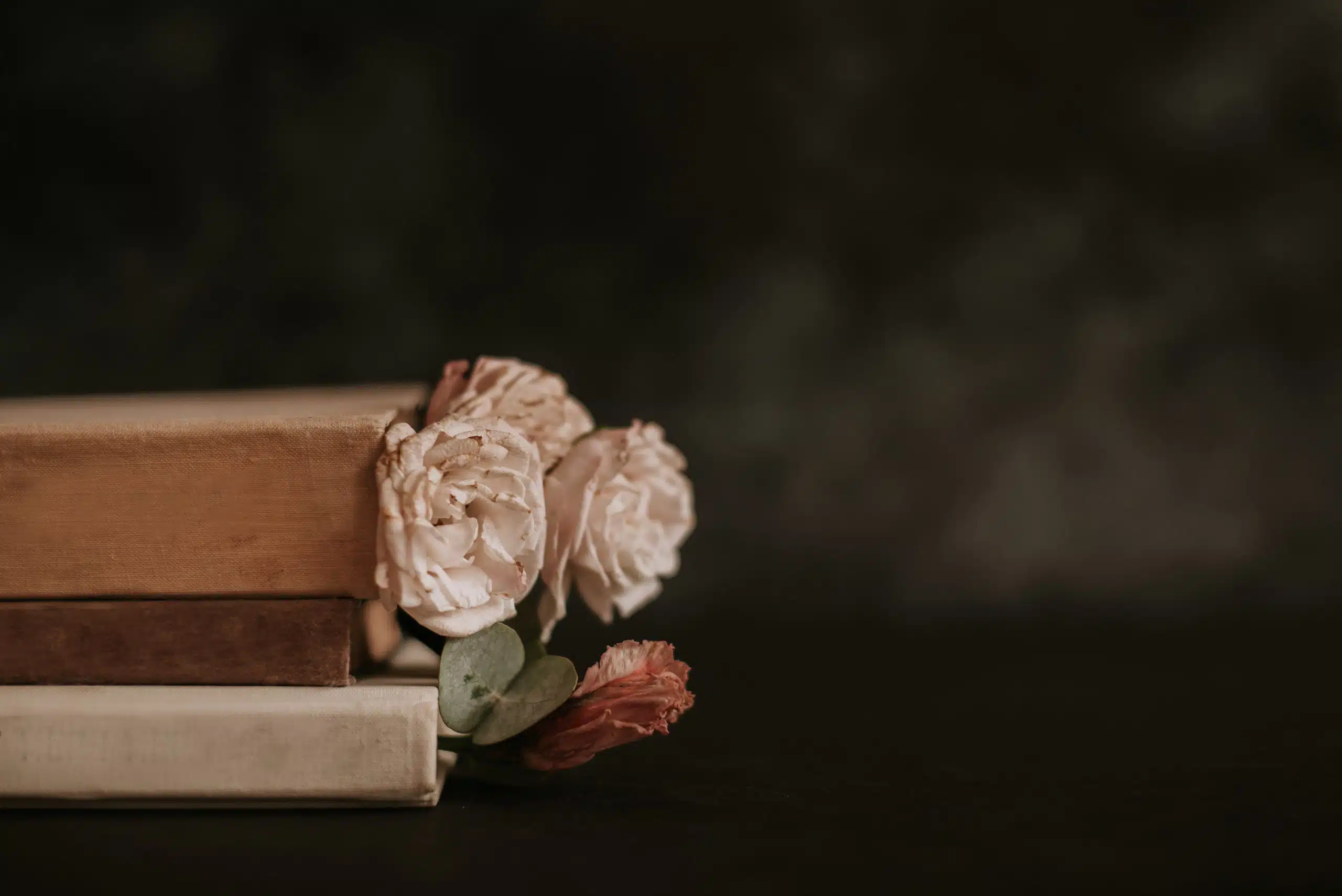
Prose poetry is a more recent phenomenon than one might expect.
While scattered experimentation with combining the forms is likely very old, it wasn’t until about the 19th century that prose poetry started to gain traction as a concept in the west.
As with most new forms of literature, prose poetry began as a rebellion against the conventional forms that preceded it.
Poets are prone to breaking out of forms every few generations, cycling back to them as time goes on.
Prose poems do have histories across the globe, however, as one might expect from such a broad term.
Matsuo Bashō of 17th century Japan, Francis Marrash of 19th century Syria, and Jean Paul of 18th century Germany all represent iconic moments in the history of prose poetry.
Despite their wide reach, prose poems have drawn the ire of famous names from time to time.
T.S. Eliot famously dismissed the concept entirely, arguing that prose poems lacked the musical qualities of ‘true’ poetry.
Regardless of the occasional critic, prose poems have persisted well into the modern day and are now largely seen as their own independent subgenre.
Prose poetry has been picking up steam in recent decades, thanks to modern journals opting to specialize in ‘micro-fiction.’
Micro-fiction demands that entire stories be written within short sections and lends itself well to the conventions usually assigned to poetry.
Tips for Writing Prose Poetry

One way to write prose poetry is to write the poem as you normally would first.
Rewriting it out in prose form will force you to acknowledge any inconsistencies in the grammar and punctuation.
Let’s use an example here.
Below is a minimalist poem that ignores grammar and punctuation:
Gray is this world
bitter and void
I live and unfurl
longing for more
never having enough
upon empty shores
If we were to rewrite it as a paragraph, it would look wrong since it currently lacks commas, periods, and clearly defining points where the speaker is meant to pause.
A prose poem doesn’t necessarily need perfect syntax, but the punctuation should at least be sensible.
Adding it is simple enough, though:
Gray is this world, bitter and void. I live and unfurl, longing for more. Never having enough upon empty shores.
As simple as it may seem, this really is the easiest way to write prose poetry.
This is not necessarily the best way to write it, however.
There’s still one major issue.
Take note of the beginning phrase, “Gray is this world.”
While that might seem fine in a poem, it’s noticeably distracting in prose.

This is because we have predefined notions of how prose works.
Poems often turn phrases backward in order to find room for rhyme or meter, but prose is expected not to be as forgiving.
As a consequence, you should assume the conventional rules for syntax apply to prose poetry, for the most part.
So let’s rethink how those first lines could work. Instead of the original, we could write it as:
This world is gray
bitter and void
bleaker each day
The rhymes are retained by changing the last line accordingly, but the syntax now makes logical sense to the eyes.
If we then convert it back into our prose poem:
This world is gray, bitter and void, bleaker each day. I live and unfurl, longing for more. Never having enough upon empty shores.
The narrative of the poem is now infinitely easier to follow, with just a small tweak to the opening.
Keep little changes like this at the front of your mind when writing prose poetry.
It’s not acceptable to just take a poem that was not meant to be prose and add punctuation without making some concessions for the shift.
Prose is expected to be clear, logical, and restrained within the commonly accepted rules of syntax and grammar.
A bolder perspective would be to purposely throw out all the rules and write a prose poem so that it is only superficially prose.
This is where we cycle back to the question prose poetry always demands.
“Is it prose or a poem?”
The answer is that it sometimes favors one, sometimes the other, and occasionally both.
It’s a relatively new genre and how you interpret it is ultimately up to you.
Poet’s Note
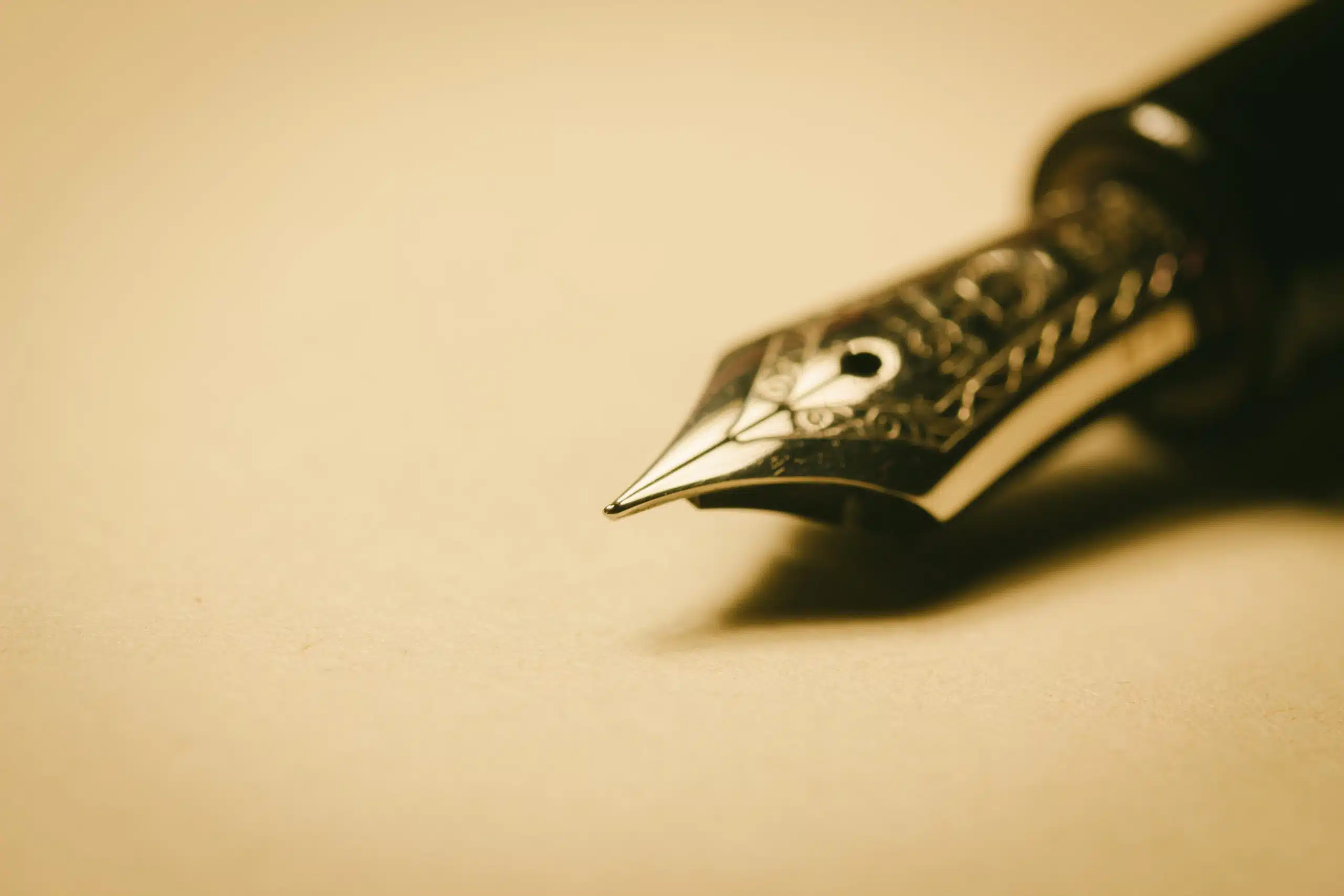
Are you having trouble deciding if prose poems count as poetry?
Flip a coin.
If heads, prose poems count as poetry.
If tails, they don’t. Classifications are arbitrary. Embrace the chaos.
Comprehensive Collection of Poetry Forms: Craft Words Into Art
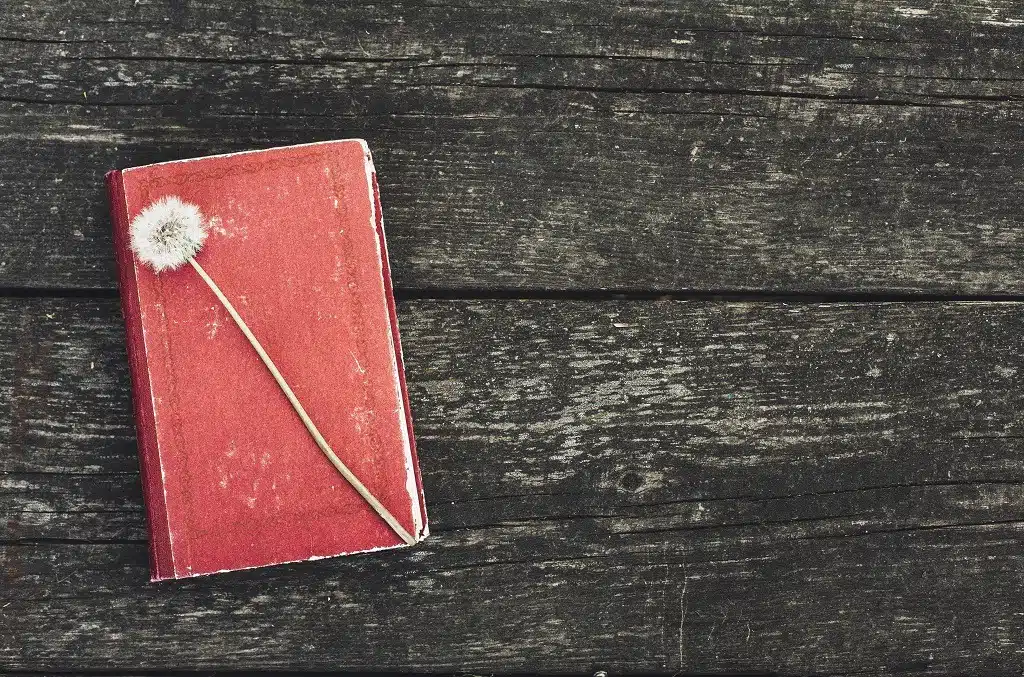
Dare to traverse the entire spectrum of poetic forms, from the commonplace to the extraordinary?
Venture from the quintessential Sonnet to the elusive Mistress Bradstreet stanza, right through to the daunting complexity of Cro Cumaisc Etir Casbairdni Ocus Lethrannaigecht.
For those with a zeal to encounter the full breadth of poetry’s forms, this invitation is yours.
Start exploring the vast universe of poetic ingenuity with our comprehensive array of poetry forms right now!
